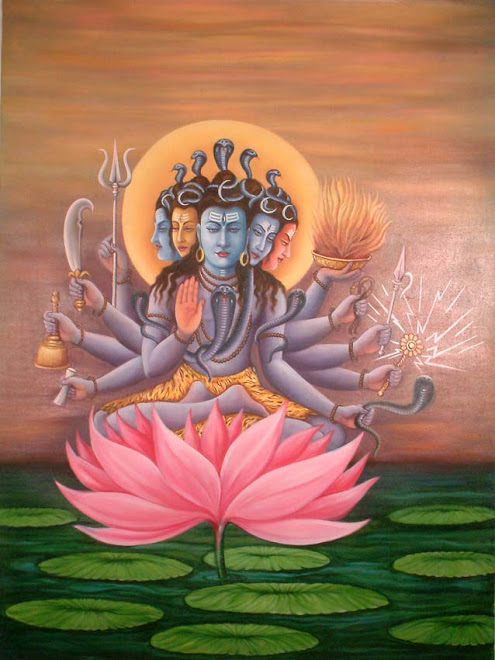 The title, A Little Life, is clearly ironic. The lives rendered here, of four college friends, who remain in each other's lives for the many years the novel covers, are grand. They all become famous, they have gobs of money, famous trips, stunning homes. But nothing is ever played to impress, and despite their good fortune in so many ways, we are never jealous of this foursome. Life has played too hard and fast with them, particularly the character at the center of the story: Jude.
The title, A Little Life, is clearly ironic. The lives rendered here, of four college friends, who remain in each other's lives for the many years the novel covers, are grand. They all become famous, they have gobs of money, famous trips, stunning homes. But nothing is ever played to impress, and despite their good fortune in so many ways, we are never jealous of this foursome. Life has played too hard and fast with them, particularly the character at the center of the story: Jude.Jude is a mystery. We know nothing of his origins because he knows nothing of them. Abandoned as a newborn, his upbringing borders on fantastical; the level and multitudes of cruelties and abuses are hard to believe, and harder to read about. They leave him a broken man. What sustains him, as much as he can be sustained, are his friends.
It's a strange book, hypnotic, suspended somewhere outside of time. The four men meet at an unnamed college in New England. There is no date given, and very few signifiers of where we are in time. It feels like a perpetual, vague now. There are cell phones, and computers, but no details of the world--no politics, no wars, no 9-11. Time passes, but the things that mark the passage of time in a book of this scope--marriages, children--don't happen. None of the four main characters has a child, and there is not one scene with a child in the book, other than the flashbacks to the main character's childhoods. Once I realized this vagueness was deliberate, I stopped thinking about it, and lost myself in the beauty of Yanagihara's writing. It felt like being immersed in a dream, or a nightmare.
The book raises interesting, big questions, in interesting ways. There are no easy answers. In most books about someone with a tragic childhood there is redemption, there is change. Wounds are healed, lessons are learned. But that doesn't happen in A Little Life (and probably doesn't happen much in real life, either).
I read more than half the book (and at 736 pages, half this book is more than most other books whole) with tears in my eyes. It is deeply sad, but not hard to read. I'm not sure how Yanagihara pulls it off, but she does. It is a moving, tragic, beautiful, compelling read.

No comments:
Post a Comment